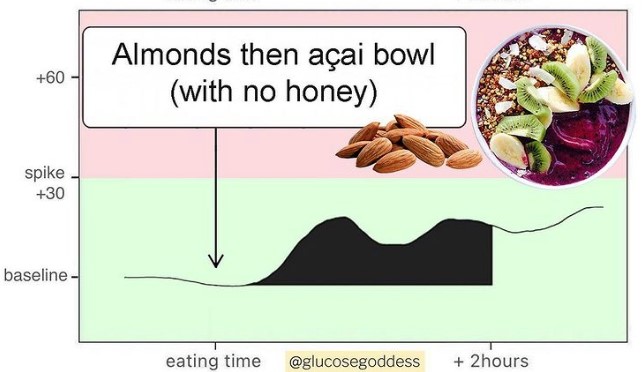Anxiety or depression refusing to shift? MTHFR and wellbeing
I’ve been getting referrals recently from psychologists treating stubborn cases of anxiety and depression. Counselling and medication just isn’t working well enough for some of their clients. Physiologically, everything appears to check out OK.
We’ve known for years that B group vitamins are helpful with depression, however research has recently identified that there’s a sneaky gene abnormality that can contribute to persistent depression and anxiety. Some peoples’ bodies just don’t convert B vitamins into their active form efficiently. So all the standard tests can look good – and your body is still actually not getting the nutrition it needs.
We can now identify this with a simple test – and if the gene shows up as abnormal then we use already-activated forms of the B group vitamins to assist in improving mood.
There are two test options – a blood test or a mouth swab. Test results can take a little time to come back.
The technical stuff
In medical terms, the MTHFR (methyl tetra hydro folate reductase) gene – which affects the way that folic acid is metabolised in the body – has a mutation. The result is that inside every cell there’s a lack of efficient folic acid to fuel healthy cellular functions – which can contribute to persistent anxiety, depression and other health issues. (If you’d like to talk to your health practitioner about evaluating this possibility, it may be worth printing this post.)
Click this link for more on MTHFR Gene Testing Information
This isn’t a magic bullet
There’s much more to good nutrition and an efficient metabolism than activated B group vitamins – including zinc, magnesium and other nutrients. Not to mention good gut health to deliver nutrients. If your anxiety or depression isn’t shifting despite counselling, medication and the more usual nutrients, it could be worth asking your practitioner about testing for MTHFR issues – or give me a call.




